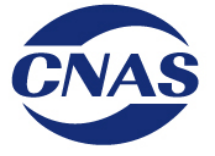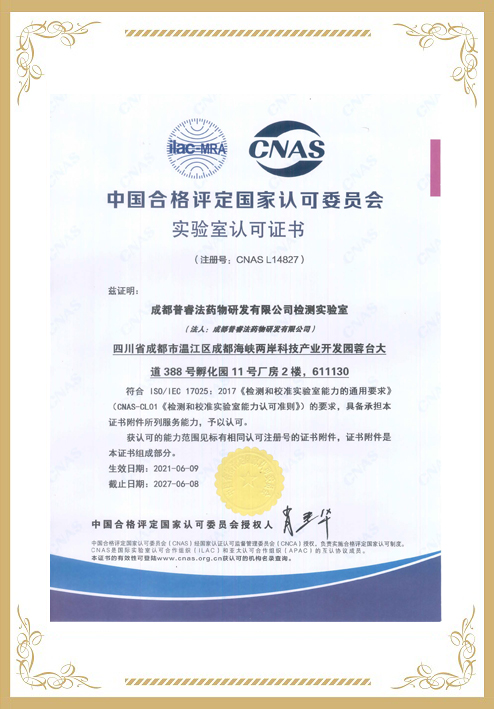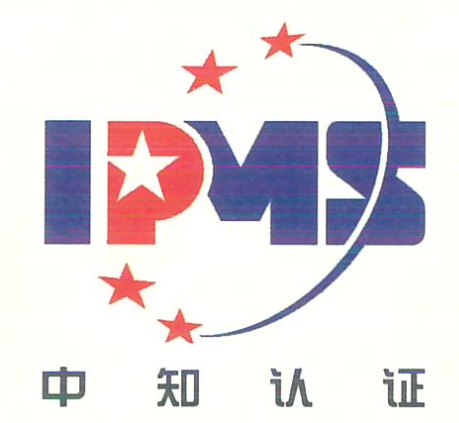Breast cancer represents a major global health issue with multidrug resistance (MDR) posing a significant
challenge. MDR leads to cancer cells becoming resistant to various drugs, severely compromising the effectiveness
of breast cancer treatments. Doxorubicin (DOX) is a fundamental drug in the treatment of breast cancer but
contributes to the development of MDR. DOX is commonly used in the study of MDR with the overexpression of
ATP binding cassette transporter superfamily B member 1 (ABCB1) gene being one of the main mechanisms
through which tumor cells exhibit MDR. Current research, including more than 150 clinical trials on ABCB1
inhibitors, aims to overcome this obstacle. However, due to severe side effects and poor solubility, none of these
inhibitors have been approved by the U.S. Food and Drug Administration (FDA), which highlights the urgent need
for safer and more effective solutions. Danshensu (DSS) shows potential in reversing MDR without the severe side
effects associated with other treatments, underscoring its importance in advancing breast cancer therapy. This
study investigated the reversing effects and mechanisms of DSS on MDR in human breast cancer cell lines MCF-
7/DOX and MCF-7. The 3-(4,5-Dimethylthiazol-2-yl)-2,5-diphenyltetrazolium bromide (MTT) assay was employed
to evaluate the impact of DSS on cell drug sensitivity and resistance. Further, fluorescence spectrophotometry
was applied to measure the intracellular concentration of DOX, and flow cytometry was used to analyze the
expression of P-glycoprotein (ABCB1), a protein associated with drug resistance. The results showed that DSS
significantly reduced the IC50 value of DOX for MCF-7/DOX cells without notable effects on MCF-7 cells, indicating
a specific action against resistant cells. Furthermore, DSS increased the intracellular concentration of DOX in MCF-
7/DOX cells and decreased the expression of ABCB1 in these cells. The results confirmed that DSS could reverse
MDR in MCF-7/DOX cells by reducing the expression of ABCB1. This discovery offered new insights into the
mechanisms through which DSS impacted drug resistance and provided a potential therapeutic strategy for
overcoming resistance in breast cancer treatments.























